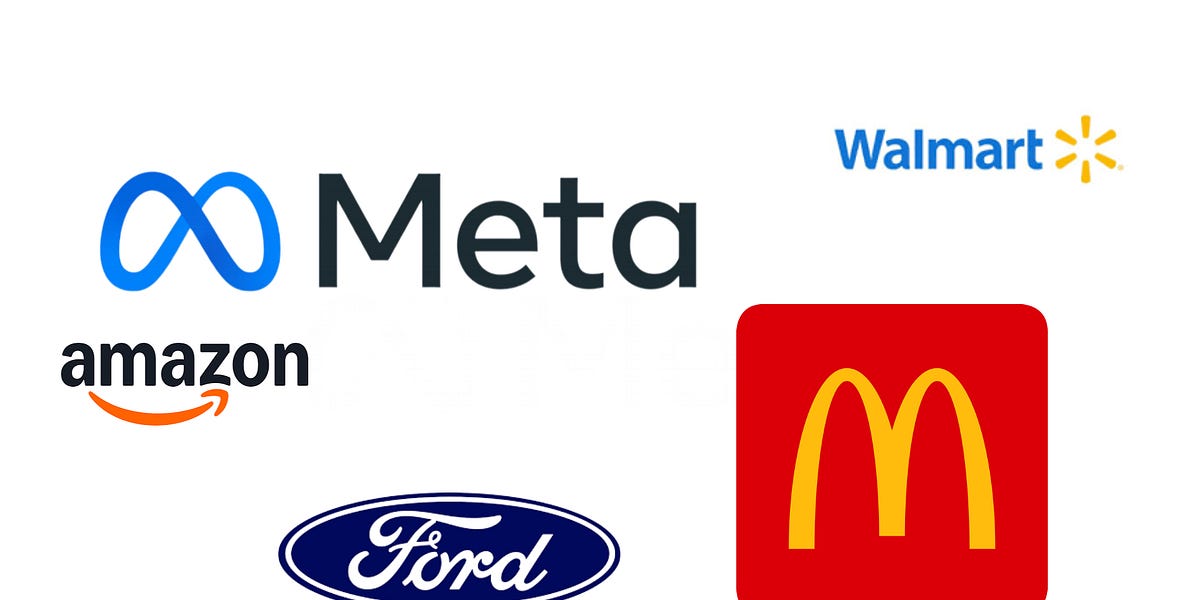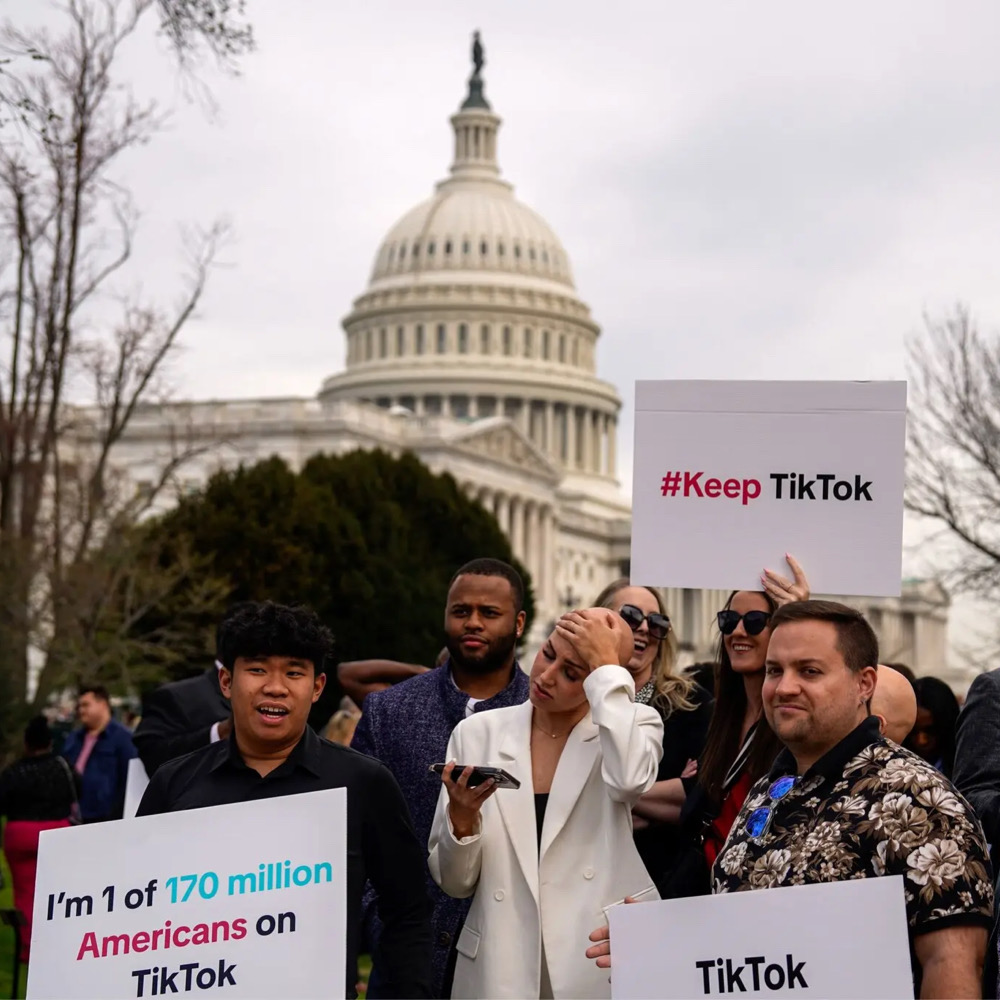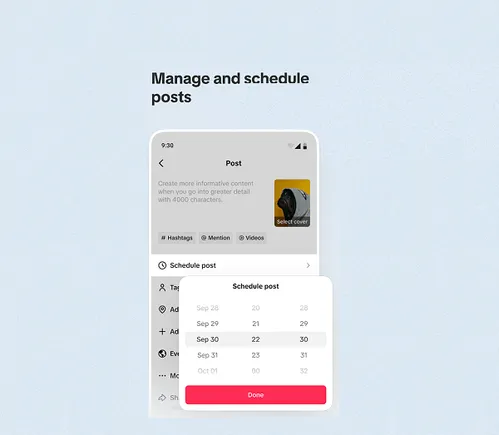Marketing faces headwinds from fragmented privacy legislation and the inconsistent phase-out of third-party cookies, according to an IAB report about privacy and addressability for the digital ad industry released today.
“While Google’s decision to postpone the depreciation of third-party cookies until 2024 may feel like a reprieve, the industry is far from off the hook,” said IAB CEO David Cohen in a statement. “The industry is already operating with significantly less signal given the changes by Apple, Firefox and others.”
Read next: Federal data privacy bill could make life easier for marketers
The report, IAB State of Data 2022 (Part II), features findings that came out of interviews with senior-level marketers at brands, agencies and publishers. Among the issues raised:
- Complying with the different privacy requirements of different state laws is making data collection and use increasingly unwieldy. Businesses want single law covering the entire nation, but that’s been rejected by Speaker of the House Nancy Pelosi (D-CA).
- First-party datasets from logged-in “known” audiences only represent about 20% of consumers, leaving the remaining 80% less reachable and addressable.
- Consumers are still largely confused about why they should disclose their data, even as they expect relevant ads which depend on the use of that data.
- Privacy legislation is likely to increase the advantages of big publishers over small ones. Very few respondents at publishers said they had the budget to pursue data enrichment and collection tools needed to compete with larger firms.
Get MarTech! Daily. Free. In your inbox.
Read next: 3 things to know about the American Data Protection and Privacy Act
Why we care. Consumers’ reticence to disclose data is usually framed as a failure of communication by marketers. However, the complicated, ever-changing legal landscape across multiple states doesn’t help. Nor can the fact that most companies aren’t yet in compliance with those laws. Trust is everything in business. Without it, people think that getting relevant ads is the result of being spied on. With it, they’re more interested in the offering than why they’re seeing it.









































































